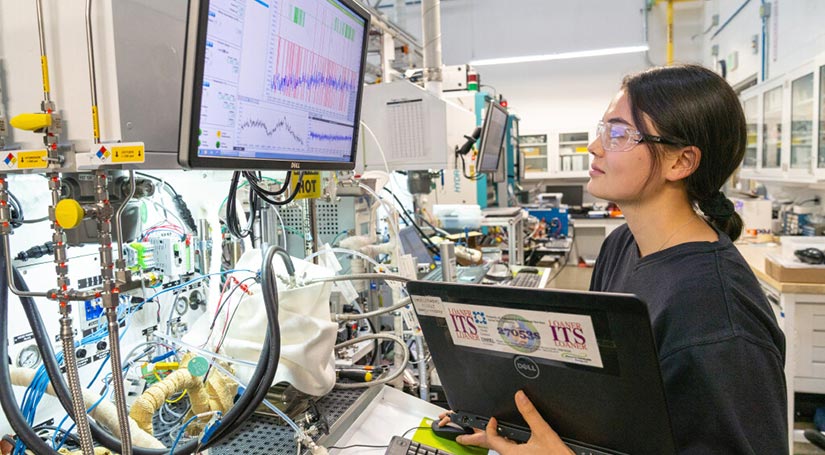Italy’s Economy Shows Signs of Slowing Down, Business Lobby Says
Amidst the intricate web of global economic indicators, recent observations from a prominent business lobby have highlighted discernible signs of deceleration in Italy's economic activity. As the country navigates through a complex economic landscape, these indications warrant a closer examination to understand the underlying factors contributing to this trend. This article explores the reported slowdown in Italy's economy, delving into key sectors, potential challenges, and the broader implications for the nation's economic trajectory.
The business lobby's recent assessment of Italy's economic performance points to a notable slowdown, raising concerns among stakeholders and prompting a reevaluation of the factors influencing the nation's economic health. This analysis encompasses various dimensions, including industrial output, trade dynamics, and overall business sentiment.
A pivotal component of the reported slowdown revolves around decelerating industrial output. Industries often serve as a barometer for economic vitality, and a reduction in output can be indicative of various factors such as weakened demand, supply chain disruptions, or a more profound economic slowdown. The business lobby's scrutiny of industrial performance serves as a crucial signal for policymakers and businesses alike.
Italy, as a key player in global trade, is significantly influenced by external economic factors. The business lobby's observations underscore the impact of evolving trade dynamics on the nation's economic momentum. Factors such as shifts in global demand, trade disputes, or disruptions in supply chains can have cascading effects on Italy's trade-dependent sectors, influencing overall economic performance.
Beyond quantitative indicators, the assessment takes into account qualitative aspects, including business sentiment. A dip in business confidence can influence investment decisions, hiring practices, and overall economic activity. A nuanced understanding of the prevailing sentiment provides insights into the factors contributing to the perceived slowdown and offers clues for potential interventions.
Italy, like many other economies, operates in a global context marked by uncertainties. Factors such as geopolitical tensions, trade disruptions, and the ongoing impact of the COVID-19 pandemic can create headwinds for economic growth. Navigating these uncertainties becomes a critical task for Italy's policymakers and businesses.
The intricate network of global supply chains is susceptible to disruptions, and Italy, with its strong industrial base, may face challenges stemming from interruptions in the flow of goods and services. Addressing supply chain resilience becomes crucial to mitigate potential adverse effects on industrial output.
Italy's economic trajectory is also influenced by domestic policy decisions. The effectiveness of economic policies, fiscal measures, and structural reforms can play a pivotal role in shaping the nation's economic resilience. Striking the right balance between stimulating growth and addressing structural challenges is essential.









